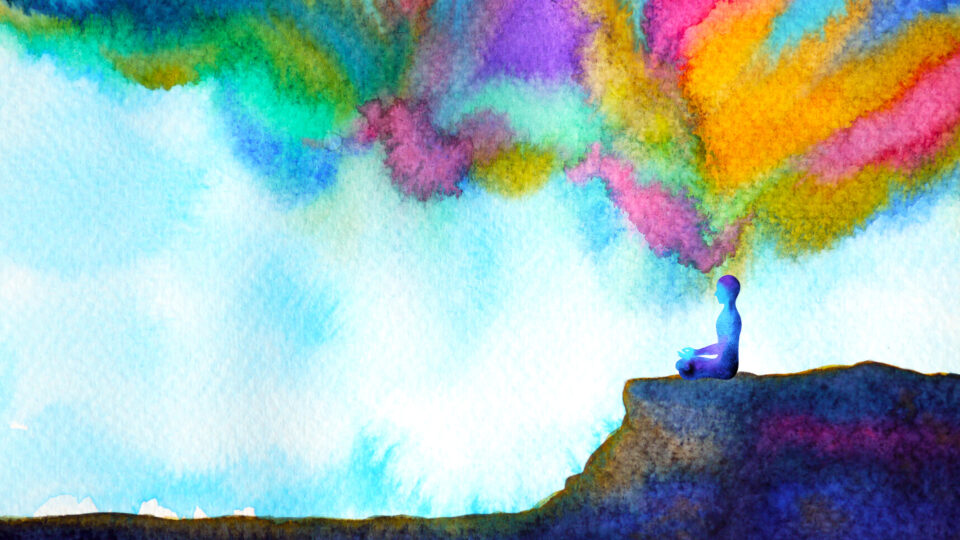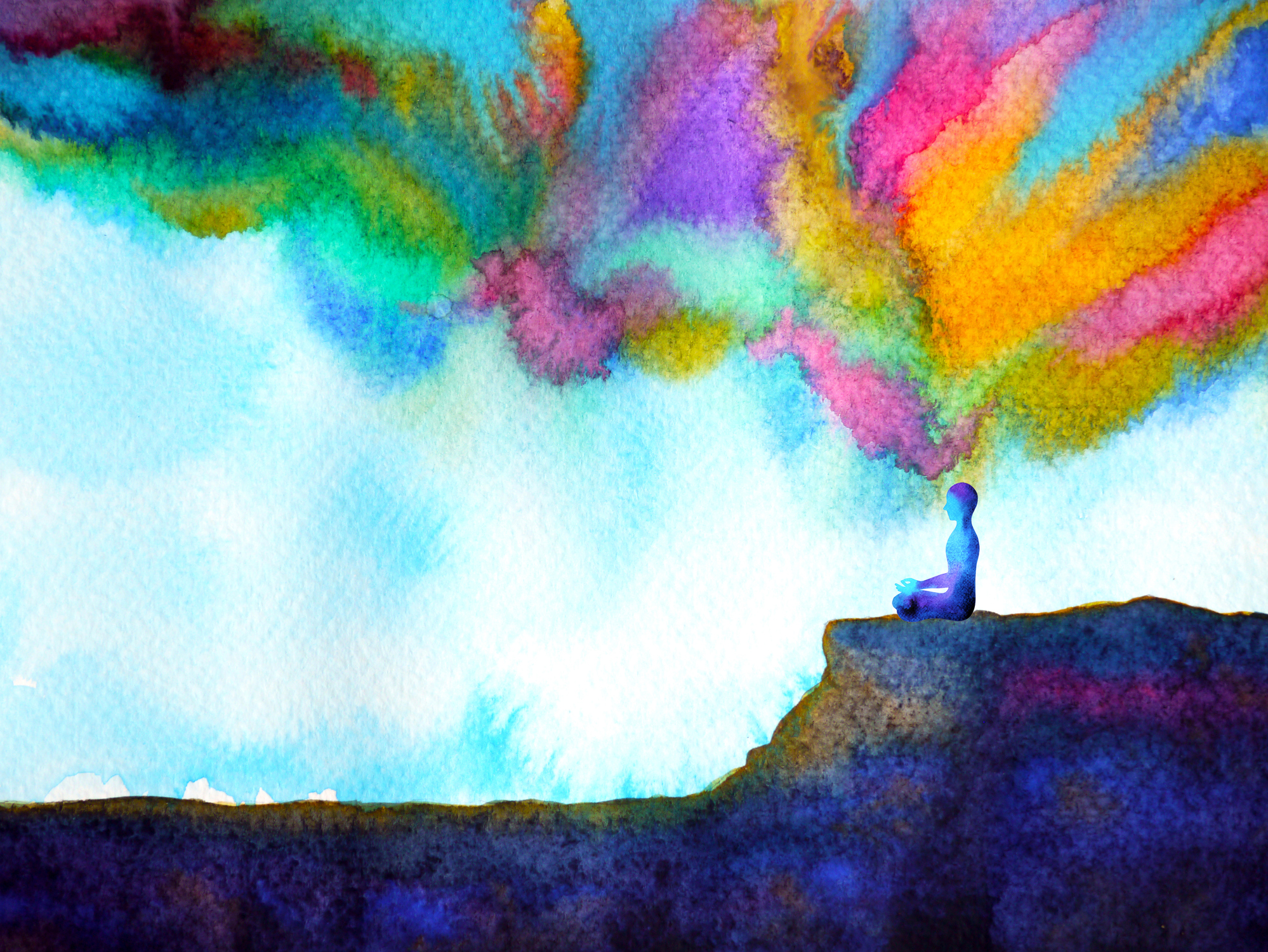
12 May2020

share



To view the original article click here
With things changing so quickly, such uncertainty and unpredictability can take a toll on our mental and physical health.
Managing our emotions and supporting each other can be challenging at the best of times. This is why, more than ever, we all need to be doing our best to regularly pause, take a breath and be proactive in looking after ourselves and others.
Mindfulness provides us with a means of cultivating greater and more objective awareness of our own emotional landscape, the emotions of others, and of external circumstance.
In doing so, it gives us more choice in how we respond to challenges we may face and the ability to more consciously choose where we place our attention.
Wherever you are in the world we sincerely hope that you and your loved ones remain safe and healthy. In the words of one of our favourite meditation teachers: “Moment by moment we can find our way though” – Sharon Salzberg.
Fear, anxiety & denial
Acknowledging that feeling fearful and anxious at a time such as this is not only normal but appropriate. Given the nature of the threat we are facing, fear and anxiety are adaptive responses as they alert us to the fact that we need to be taking appropriate action to keep ourselves and others as safe and healthy as possible.
It’s also important to recognise that fear and anxiety can quickly escalate and reach a tipping point beyond which they are no longer helpful and can affect us in negative ways. When the acute stress response, otherwise knowns as the ‘fight or flight’ response, kicks in we’re not as able to think clearly or make good decisions; we become more reactive and less responsive; and our thinking can quickly spiral, becoming increasingly negative and difficult to unhook from.
Warning signs
Mindfulness helps us get better at recognising and understanding our own personal signals that tell us we’re close to our tipping point. We can think of mindfulness as being like our own personal ‘fear and anxiety thermometer’ helping us get to know our own warning signs and recognise them as they’re kicking in.
Examples include:
irritability
losing patience
a sense of urgency
difficulty sleeping
inability to focus
catastrophic thinking
ruminating
eating or drinking more than usual.
In addition to knowing and recognising our warning signals, mindfulness gives us the opportunity to respond by taking steps to settle and soothe our nervous system, which in turn enables us to think more clearly, make better decisions and respond as opposed to react.
Beware denial
It can also be tempting to turn away from and deny the seriousness of what’s happening. Denial may be particularly appealing given the significant impact that this outbreak will have on so many people financially, emotionally or physically. While temporary distractions can be useful for giving our minds a break, on the whole denial is not a helpful approach. It can leave us vulnerable and exhausted as it may lead to not taking appropriate precautions and it’s difficult to sustain in the face of reality.
Mindfulness can help us see things more clearly, which in turn helps us strike a balance between staying informed and making sensible choices without becoming overwhelmed.